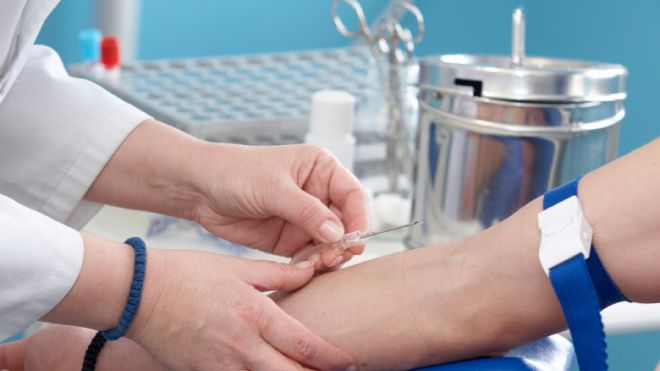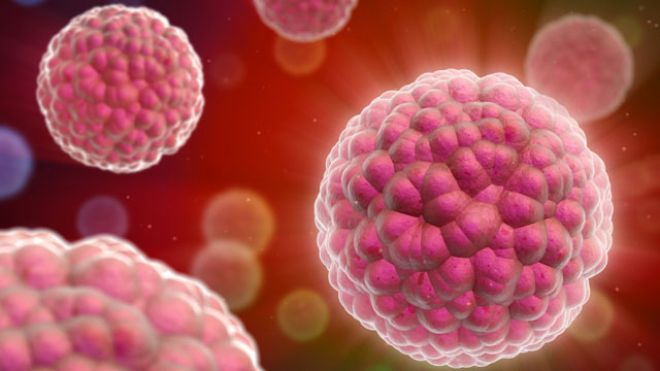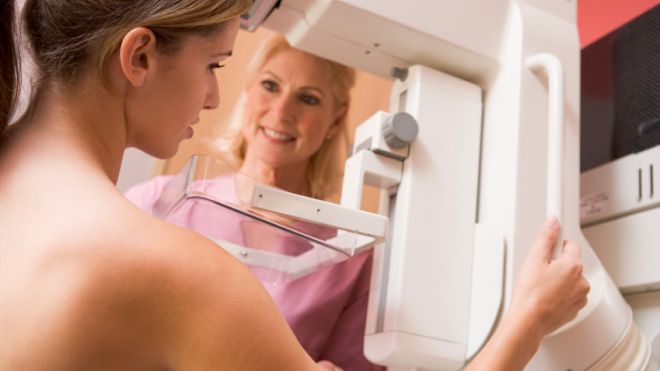Bosnians mourn baby who died for lack of ID number
Thousands of Bosnians gathered in front of parliament on Sunday evening to mourn a three-month-old baby who died after failing to get timely surgery because a parliamentary wrangle prevented her getting a passport. Berina Hamidovic was the first victim of politicking over identity numbers, which has united Bosnians in protests against the institutional paralysis that has blocked post-conflict reforms and the country's path towards the European Union. The somber gathering followed days of protests in Sarajevo and other towns over lawmakers' failure to agree new legislation on citizens' identity numbers. The row has left babies born since February unregistered, and therefore denied passports or medical cards. The protesters this time did not carry banners or posters, but encircled parliament with a ring of candles placed on the ground, and stood or walked in silence. The baby's parents said the time they had wasted persuading Serbian border police to let her in without a passport to go to a hospital in Belgrade for surgery had cost her her chance of life. The baby was diagnosed with tracheoesophageal fistula - a hole between her gullet and windpipe - and had already had an unsuccessful operation in Sarajevo. “We practically had to take the child across the border illegally, although she was legally allowed to travel for urgent health reasons,” the baby's father Emir Hamidovic said. When the baby was finally admitted to hospital in Belgrade, Bosnian authorities refused to pay for the surgery. Though the Serbian doctors agreed to carry out the procedure, the baby contracted an infection and died. “She perhaps had a chance to stay alive, but this is an obvious example how the state does not take care of its citizens,” said Hamidovic, 31, who is unemployed. The protests over ID numbers started two weeks ago after another 3-month-old baby was unable to leave for urgent surgery abroad because lawmakers could not agree how to redraw the districts that determine the 13-digit identification number assigned to each citizen. Similar ethnic wrangles have plagued Bosnia since the end of its 1992-95 war, which left it divided along ethnic lines with a weak central government and a system of ethnic quotas that has stifled development. The Serbs are pressing for a new registration arrangement along territorial lines. Muslims, known as Bosniaks, say that would only cement the ethnic divide.source : http://www.foxnews.com/health/2013/06/17/bosnians-mourn-baby-who-died-for-lack-id-number/




